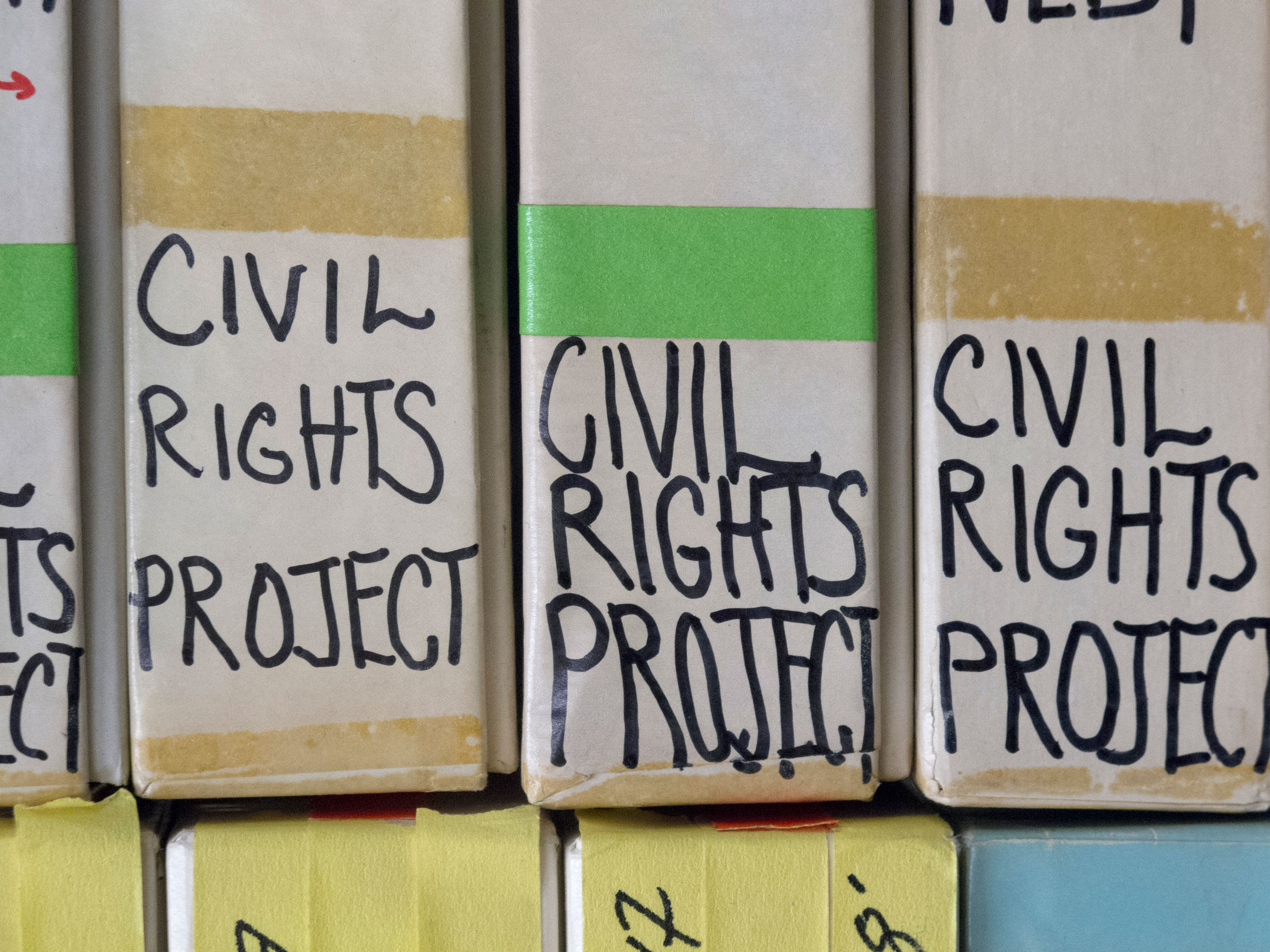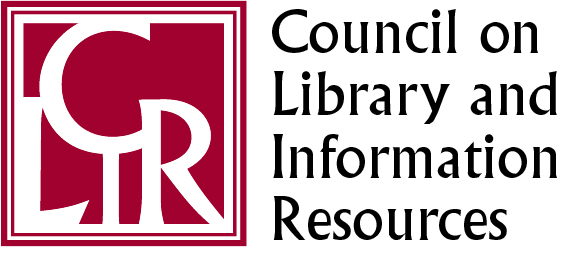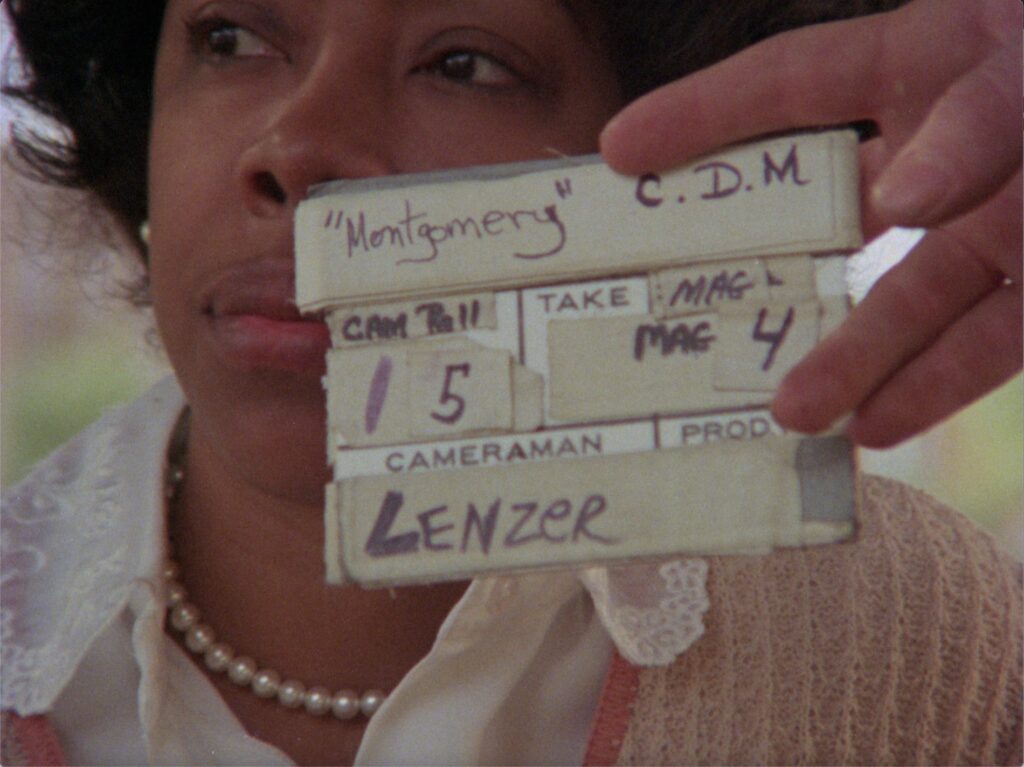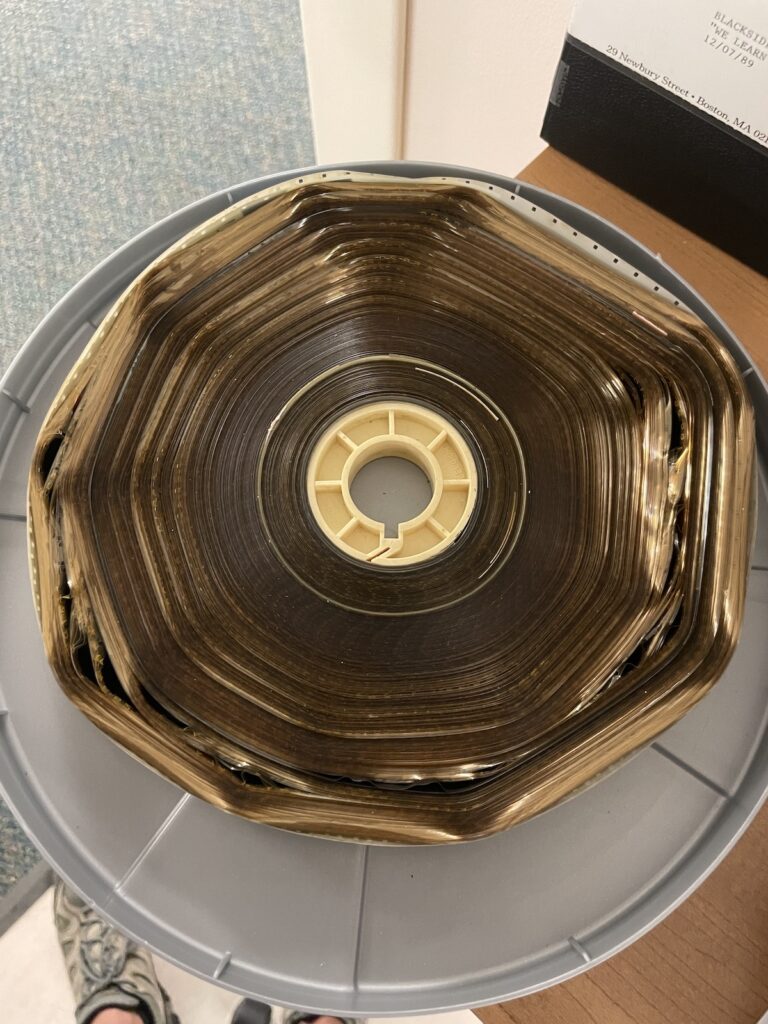
New Grant to Preserve Unseen Interviews with Civil Rights Activists

The Council on Library and Information Resources (CLIR) awarded the Washington University Libraries Film & Media Archive a grant of $36,275.85 under its Recordings at Risk program to preserve over 100 interviews with civil rights activists. Public TV producer Jack Willis and former Student Nonviolent Coordinating Committee (SNCC) member Jean Wiley conducted the interviews from 1978 to 1980 for a never-completed documentary on the movement’s promises and setbacks. Thanks to the generous support of CLIR, the Libraries will be able to make this important trove of civil rights history accessible for the very first time.
Jack Willis (1932-2022) was a journalist, socially-conscious documentary filmmaker, and groundbreaking television producer. After releasing a successful documentary on the dangers of nuclear power in 1979, Paul Jacobs and the Nuclear Gang, he decided to return to the topic with which he began his filmmaking career, the fight for civil rights and Black liberation. In 1963, he co-directed a short film about a voting rights protest, The Streets of Greenwood, a film that the Libraries have preserved thanks to the support of the National Film Preservation Foundation, which can be seen on the Washington University Libraries Vimeo. Before the broadcast of Eyes on the Prize in 1987, there was not a comprehensive documentary on the civil rights movement and its impact. Willis hired Jean Wiley (1942–2019) to help him make the film. Wiley brought her personal experience and contacts from having participated in sit-ins in 1960, working in the SNCC leadership, and co-founding the Center for Black Education.
Willis and Wiley envisioned their film spanning the Montgomery Bus Boycott in 1955 to after Dr. Martin Luther King’s assassination in 1968. They wanted to chart the rise and fall of the movement as it gained major successes like the passing of the Voting Rights Act but then fell apart due to repressive violence from law enforcement and entrenched white reactionaries.

During the documentary’s production, they recorded interviews with nationally-acclaimed movement leaders like James Forman, Stokely Carmichael, Rosa Parks, Ella Baker, and Bernice Johnson Reagon. However, they spent just as much time on lesser-known local activists who did equally important work such as Harry Bowie, an Episcopal priest in McComb who collaborated with SNCC during Freedom Summer; Albany, Georgia, resident Yvonne Griffin who was jailed for participating in sit-ins; Tuskegee University student activist Gwen Patton; Hazel Gregory from Montgomery, Alabama, who co-led the Women’s Political Council with Jo Ann Robinson; and June Johnson, who joined SNCC while a teenager living in Greenwood, Mississippi. To better understand the violent response from racist white organizations, Willis and Wiley also interviewed an FBI agent, Klan members, and FBI informant Gary Thomas Rowe.

The grant will pay for the digitization of 70 reels of film, 114 reels of quarter-inch audiotape, and 81 audiocassettes. Most of the digitization work will be done by Preserve South, a full-service digitization vendor outside of Atlanta, Georgia. The rare interview with Gary Thomas Rowe is suffering from severe acetic acid decay. Thus, it requires intensive conservation work to make it pliable enough that it can be run through a film scanner, which will happen thanks to the experts at Colorlab.
After digitization, the Libraries’ audio-visual digitization specialist will edit together the picture and sound from the 37 filmed interviews. Libraries staff will update and enrich the catalog records for the interviews. All of the interviews will eventually be made available for online access. Additionally, we are planning a number of online events based on the interviews for the fall of 2024.
For more information about the grant, please contact Andy Uhrich, curator of Film and Media.
